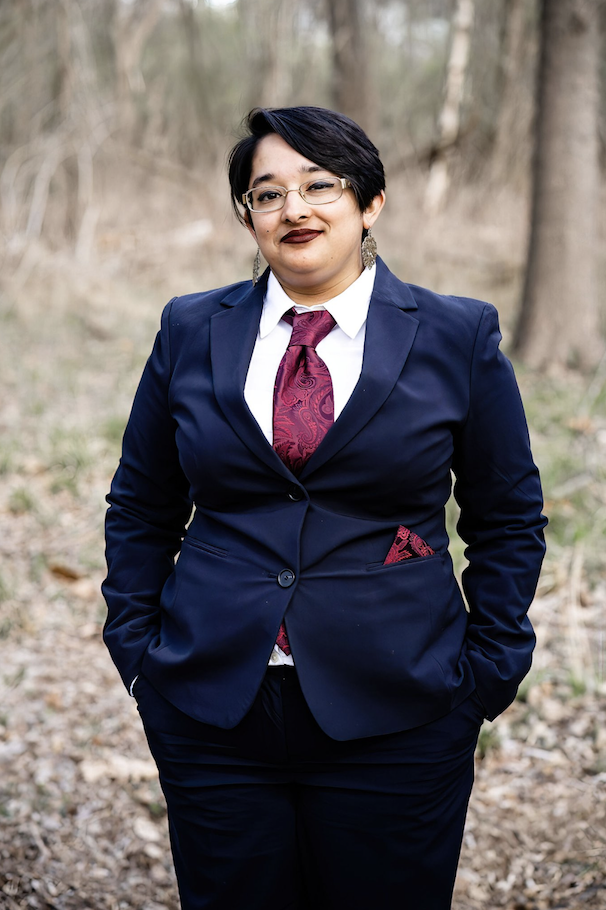Umme Kulsoom Arif is a lawyer, activist, and sometimes writer from Missouri. They received their Bachelor of Science in Justice Systems from Truman State University and their Juris Doctor from Penn State Law in University Park. Despite having been born and raised as a part of the Dawoodi Bohra community, they did not become familiar with FGC until they were nineteen, when they learned that they had a much more personal connection to it than they could have anticipated. Umme volunteers as a writer for Sahiyo after joining the organization while in law school, telling their story and hoping to encourage others to do the same and find healing in speaking out.
What was your experience of learning about female genital cutting (FGC) for the first time like?
I had some passing understanding of what FGC was thanks to a mention of it by my high school sociology teacher, but I think I truly learned about the gravity of it and how connected I was to it a few years later. I was a sophomore in college and just coming to terms with my sexuality, leading to me coming out to my parents as asexual. That was when my mother told me that my fear of intimacy was intentionally done, and suddenly more than a few childhood memories that didn’t immediately make sense clicked.
When and how did you first get involved with Sahiyo?
I was in my second year of law school and had been watching the U.S. prosecution case until its devastating conclusion. While researching what advocacy groups were out there to help survivors like myself, in an effort to see if there was something I could do, I came across Sahiyo and — recognizing the name from my own culture — immediately reached out to volunteer.
What does your work with Sahiyo involve?
Mostly a lot of writing and blog posts! I’m very grateful to have been part of the 2022 Sahiyo Activists Retreat, and to be able to share my perspective as someone part of the LGBTQ+ community, especially as someone who is nonbinary. I’ve focused heavily on the healing side of activism and encouraging survivors to be kind to themselves, even if it isn’t easy.
How has your involvement with Sahiyo impacted your life?
Growing up as part of the Dawoodi Bohra community, speaking up against FGC has been a very strange and isolating experience. But being part of Sahiyo offered me the opportunity to find and build my own community of survivors and allies who are focused on uplifting each other and embracing our authentic selves. I’m much more comfortable writing about my experiences these days and often look forward to more opportunities to volunteer. It has been an incredible healing journey and I am so grateful to not walk this path alone.
What words of wisdom would you like to share with others who may be interested in supporting Sahiyo and the movement against FGC?
Come as you are and be yourself. Everyone’s healing journey is different and you do not have to push yourself beyond your limits to join the movement against FGC. Survival is activism too. And know that you do not walk this path alone — we are with you, to speak when you don’t feel able and to listen when you do.

